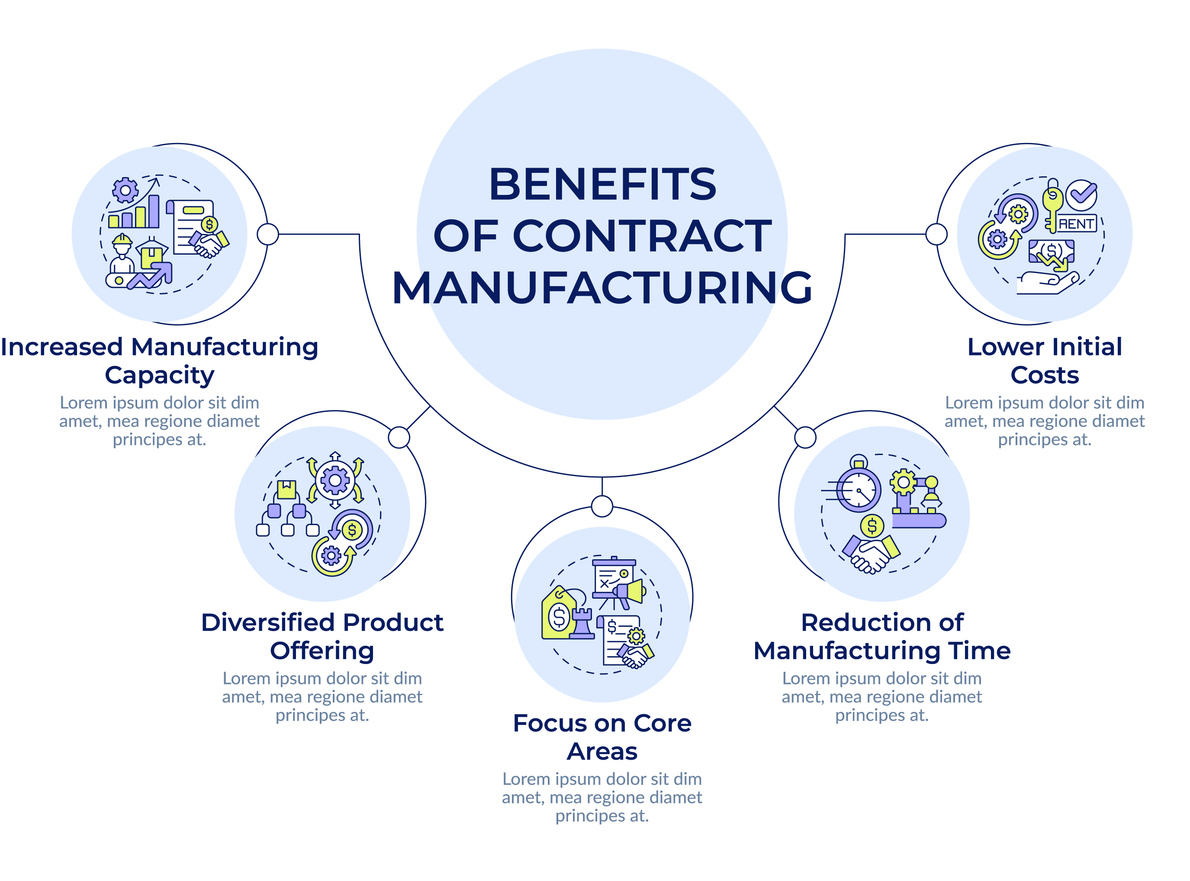Why Businesses Are Shifting Contract Manufacturing to Nigeria
In recent years, Nigeria has emerged as a strategic hub for contract manufacturing in Africa. Companies across industries—including FMCG, electronics, and consumer goods—are increasingly exploring Nigeria as a reliable manufacturing destination. But why is this trend gaining momentum, and what makes Nigeria a smart choice for businesses looking to optimize costs and efficiency?
Cost-Effective Manufacturing Solutions
One of the primary reasons businesses are choosing to shift contract manufacturing to Nigeria is cost efficiency. Labor and operational costs in Nigeria are significantly lower compared to Western and Asian manufacturing hubs. Local talent is skilled and adaptable, and modern industrial zones are increasingly equipped to handle large-scale production. By relocating manufacturing operations, businesses can reduce overheads while maintaining high-quality output.
Strategic Access to African Markets
Nigeria is Africa’s most populous nation, offering a market of over 220 million consumers. Establishing manufacturing operations in Nigeria provides businesses with immediate access to local and regional markets, reducing import/export complexities. This proximity allows companies to respond quickly to market demands, optimize supply chains, and reduce transportation costs.
Government Incentives and Support
The Nigerian government has introduced policies and incentives to attract foreign investment in manufacturing. Tax holidays, duty exemptions, and support for industrial park development make the environment favorable for businesses looking to shift contract manufacturing to Nigeria. Partnering with a local expert like Wigmore Trading can help navigate these incentives and ensure regulatory compliance.
Reliable Supply Chains and Logistics
Nigeria boasts a growing network of ports, roads, and logistics services, which is vital for smooth contract manufacturing operations. Companies can source raw materials locally or import efficiently via major ports like Lagos and Port Harcourt. Wigmore Trading can help streamline sourcing, ensuring that your production lines run smoothly without delays or interruptions.
Quality Manufacturing Standards
Contrary to misconceptions, Nigerian manufacturers are capable of delivering high-quality products that meet international standards. From FMCG products to electronics and textiles, many Nigerian facilities adhere to ISO certifications and best practices. With proper oversight and strategic partnerships, companies can achieve reliable, high-quality output without relocating overseas.
Risk Mitigation and Flexible Production
Outsourcing or offshoring production can expose companies to geopolitical risks, supply chain disruptions, and currency volatility. By shifting contract manufacturing to Nigeria, businesses can diversify their manufacturing base, reduce dependency on distant suppliers, and enjoy more flexible production schedules. Local partnerships, like those facilitated by Wigmore Trading, allow businesses to scale production up or down based on market demand.
How Wigmore Trading Supports Contract Manufacturing in Nigeria
Navigating the Nigerian manufacturing landscape can be complex without local expertise. Wigmore Trading offers end-to-end support, including:
-
Identifying reliable manufacturers
-
Negotiating contracts and pricing
-
Ensuring quality control and compliance
-
Streamlining logistics and distribution
With Wigmore Trading, businesses can confidently shift contract manufacturing to Nigeria and reap the benefits of cost efficiency, market proximity, and quality output.








Comments are closed.